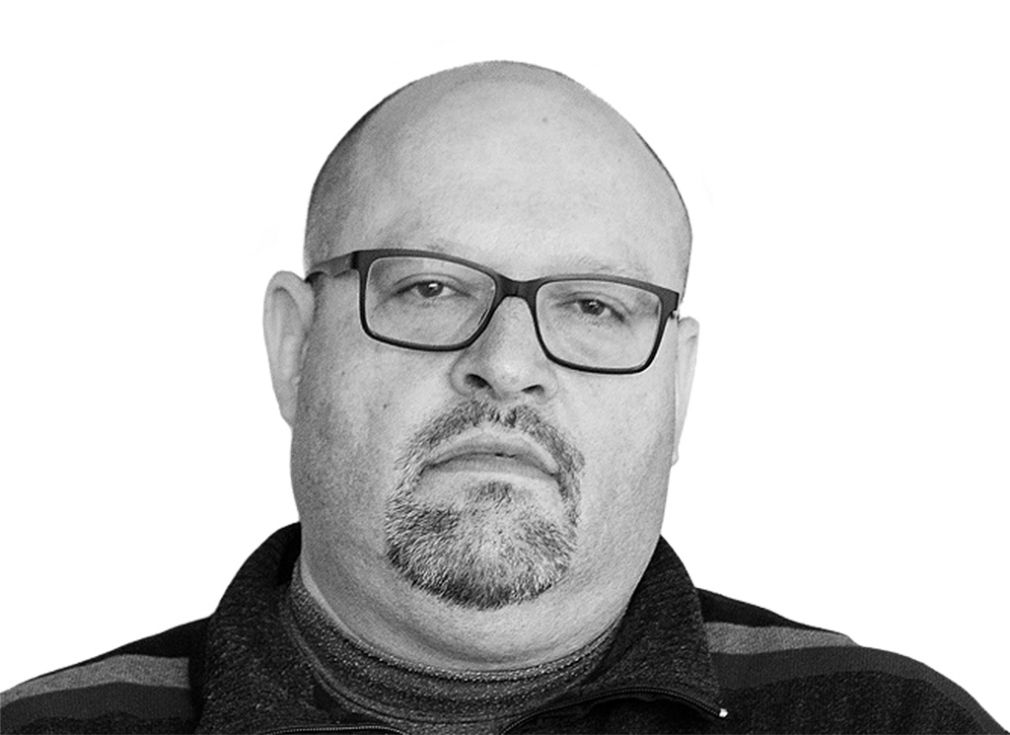By: Dr Matevž Tomšič
The results of the recent parliamentary elections in Italy caused a real storm in the left part of Slovenian politics and the public. It was a combination of outrage and concern. The “fascists” convincingly won these elections. In fact, it is a coalition of three parties to the right of the centre, the largest of which, the Brothers of Italy (which, paradoxically, is led by a woman), is often characterised as “post-fascist” or “neo-fascist”, saying that it arose from the successor of the fascist movement and that many of its members admire Benito Mussolini and his rule. And the success of this party is said to represent a great threat to Italy, Slovenia, Europe – and probably the world as a whole.
However, when it comes to the origin and profile of this party, the matter is significantly more complicated. Its distant predecessor was indeed the Social Movement, which emerged from fascist structures (so they were real “post-fascists”), but this was already transformed into the National Alliance in the early 90s under the leadership of Gianfranco Fini, and later merged in the People of Freedom, led by long-time Prime Minister Silvio Berlusconi. When this party disbanded in 2012, the Brothers of Italy (they took their name from the first verse of the Italian national anthem) were formed on its ashes. The leading party of the future ruling coalition is therefore a relatively new political organisation; while its president and the most likely new Italian prime minister, Giorgia Meloni, openly rejects the fascist legacy.
It is interesting that those who associate the Brothers of Italy with fascism do not, even by chance, think of associating the Slovenian Social Democrats with communism, for example labelling them as “neo-communists”, even though the connections here are much more obvious. They reproach Meloni statements in favour of Duce, which are several decades old, while the leader of the Social Democrats, Tanja Fajon, went to bow to the communist autocrat Boris Kidrič a few years ago. The share of those who consider themselves “proud successors of the Union of Communists” (according to former MP Marko Koprivc) in this party is very likely higher than the share of supporters of fascism among Meloni’s party colleagues. Not to mention the Levica party, which openly glorifies the former communist regime, and the dominant media does not label it as “extreme” as do they label the Brothers of Italy, even though they are less extreme than Levica party by all criteria.
Some are spreading fears that the new government will join our western neighbour to a group of “illiberal” countries (such as Poland and Hungary, allegedly), and that it will threaten the political stability of the European Union with its Euroscepticism. However, so far, the leading people of the winning coalition have not shown anything that they are not ready to follow common European directions. Moreover, Giorgia Meloni is a strong supporter of European aid to Ukraine and measures against Russia for its militaristic and conquering policies, significantly more decisive than the leading people of the Slovenian government.
The fascism of opponents – both domestic and foreign – has recently become a part of “folklore” in Slovenia. However, this is not something that is limited to our home lodges. In recent years, it has become an integral part of the discourse of the western left. Here, the definition of who is a “fascist” is very vague and no longer has any special connection with historical fascism. Nowadays, practically anyone who publicly rejects the ideological postulates of the new left and who actively opposes the fictions produced by its politics can be labelled as such. It is enough for someone to oppose mass migration or same-sex marriage and adoption. This kind of branding can therefore be considered a weapon that serves to silence political opponents.

